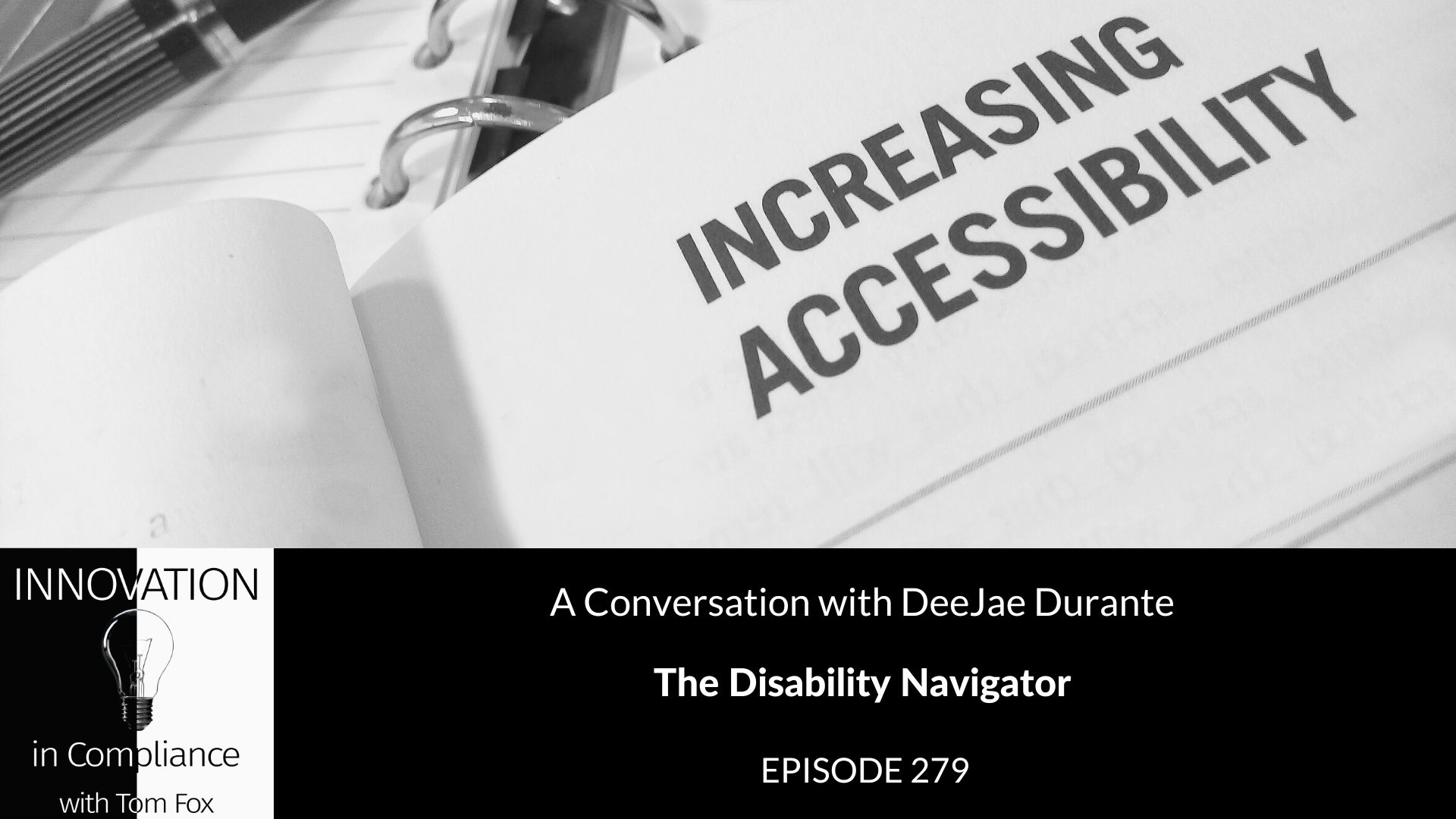We are exploring the Danske Bank A/S (Danske Bank), AML enforcement action in which Danske Bank pled guilty this week and agreed to forfeit $2 billion to resolve the US investigation into its fraud on US banks. According to the Department of Justice (DOJ) Press Release, “Danske Bank defrauded U.S. banks regarding Danske Bank Estonia’s customers and anti-money laundering controls to facilitate access to the U.S. financial system for Danske Bank Estonia’s high-risk customers, who resided outside of Estonia – including in Russia.” Danske Bank also settled with the Securities and Exchange Commission (SEC) who said, in their Press Release, the Bank misled investors about its anti-money laundering (AML) compliance program in its Estonian branch and failed to disclose the risks posed by the program’s significant deficiencies.
Most probably at this point you are thinking it is a very good thing Danske Bank is the premier financial institution in Denmark, or they might not still exist. But as we have seen right up until today, banks continue to engage in the most egregious behavior and simply are hit with another set of fines and penalties. (Wells Fargo Bank NA fined yet another $3.7 billion, this time by the Consumer Financial Protection Bureau, seeConsent Order.) I suppose it is no surprise that Danske Bank was given “too large and too important to put out of business” designation by Danish regulators. That is also probably one of the key reasons the US government brought this enforcement action. First, because the US had the teeth to do and second, the Danish regulators could simply ‘blame the Americans’.
Of course, Danske Bank itself demonstrated its colors when one of its executives said in an email, [Per the SEC Order] “[W]e should be mindful that we have a really bad case in Estonia, where I believe that all lines of defence failed. . . We should make sure that we don’t create a relationship where [Correspondent Bank 2] suddenly feels the need to share their concerns about Danske with US regulators.” The Order went on to note, “Between September 2015 and January 2016, the Danish FSA sent a draft AML inspection report to Danske which included a reprimand related to Danske’s Board of Directors’ failure to identify and address risks at Danske Estonia. In March 2016, the Danish FSA issued a final inspection report which was provided to Danske senior management in which it reprimanded Danske for its failure to identify critical risks at Danske Estonia and failure to limit these risks and concluded that Danske was not in compliance with the Danish AML Act and that “the conditions at the bank’s branch in Estonia posed a material reputation risk for the bank.””
Danske Bank did not receive credit for self-disclosure, but the bank did receive credit for its cooperation, which included full cooperation and admission of responsibility, providing documents and witnesses to be interviewed, all located outside the US and, perhaps most importantly, a “detailed analysis of cross border transactions.” As remedial steps the Bank closed its “non-residential portfolio”, terminated employees, including senior bank executives who were engaged in the conduct, improved its AML function, including a centralized money laundering financial compliance and financial crime program, hired competent and experienced AML compliance professionals and initiated direct reporting lines to the Board of Directors. The Bank agreed to a best-in-class compliance program and an independent expert appointed by the Danish FSA to oversee implementation of the remedial solution. Interestingly, if this independent expert quits for any reason the DOJ retains the right to appoint a monitor.
Danske Bank agreed to a three-year period of continuing cooperation and reporting to the DOJ. Although there is no Deferred Prosecution Agreement (DPA) since this was a criminal guilty plea it seems to act in the manner of ongoing obligations under a DPA. However, it will require Court approval and ongoing oversight because it is a plea deal and not a DPA. Danske Bank is to meet at least quarterly with the DOJ throughout the three-year term, and to submit annual progress reports to the prosecutors until the agreement expires at the end of 2025. According to Radical Compliance, the first report, due in December 2023, needs to focus on three topics:
- Complete description of the bank’s remediation efforts to date;
- Complete description of the testing conducted to evaluate the effectiveness of the compliance program, and the results of that testing; and
- Proposals to assure that the compliance program is reasonably designed, implemented, and enforced.
- The next reports, due at the end of 2024 and 2025, respectively, are supposed to cover all the same ground, and incorporate any feedback the Justice Department provides from the prior reports.
Of course, there is the Chief Compliance Officer (CCO) certification. Would you like to be the CCO who has to certify the Danske Bank AML compliance program is “reasonably and effectively designed to deter and prevent violations of money laundering, anti-money laundering, and bank fraud laws throughout the bank’s operations”?
Tomorrow, we conclude with final thoughts and lessons learned.









